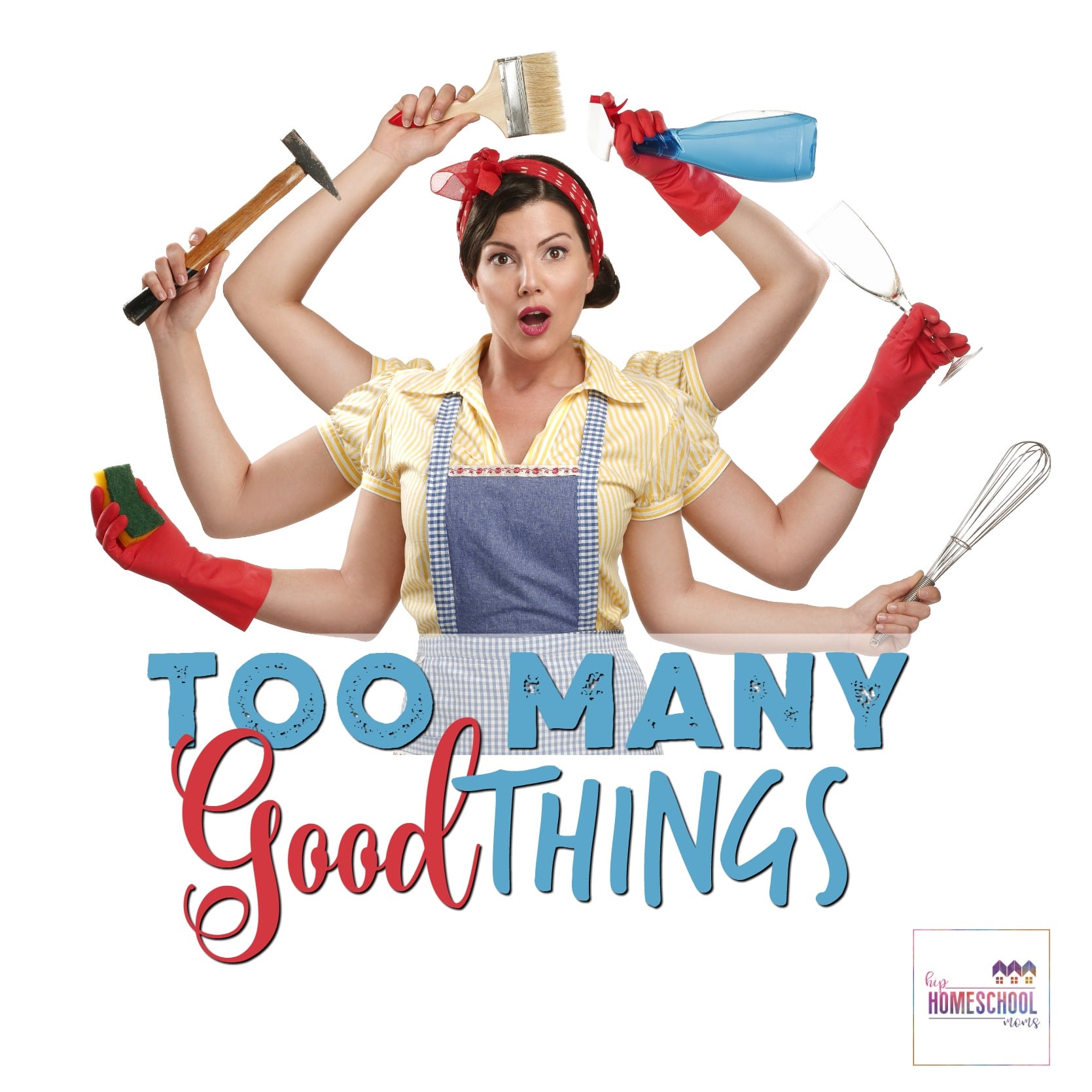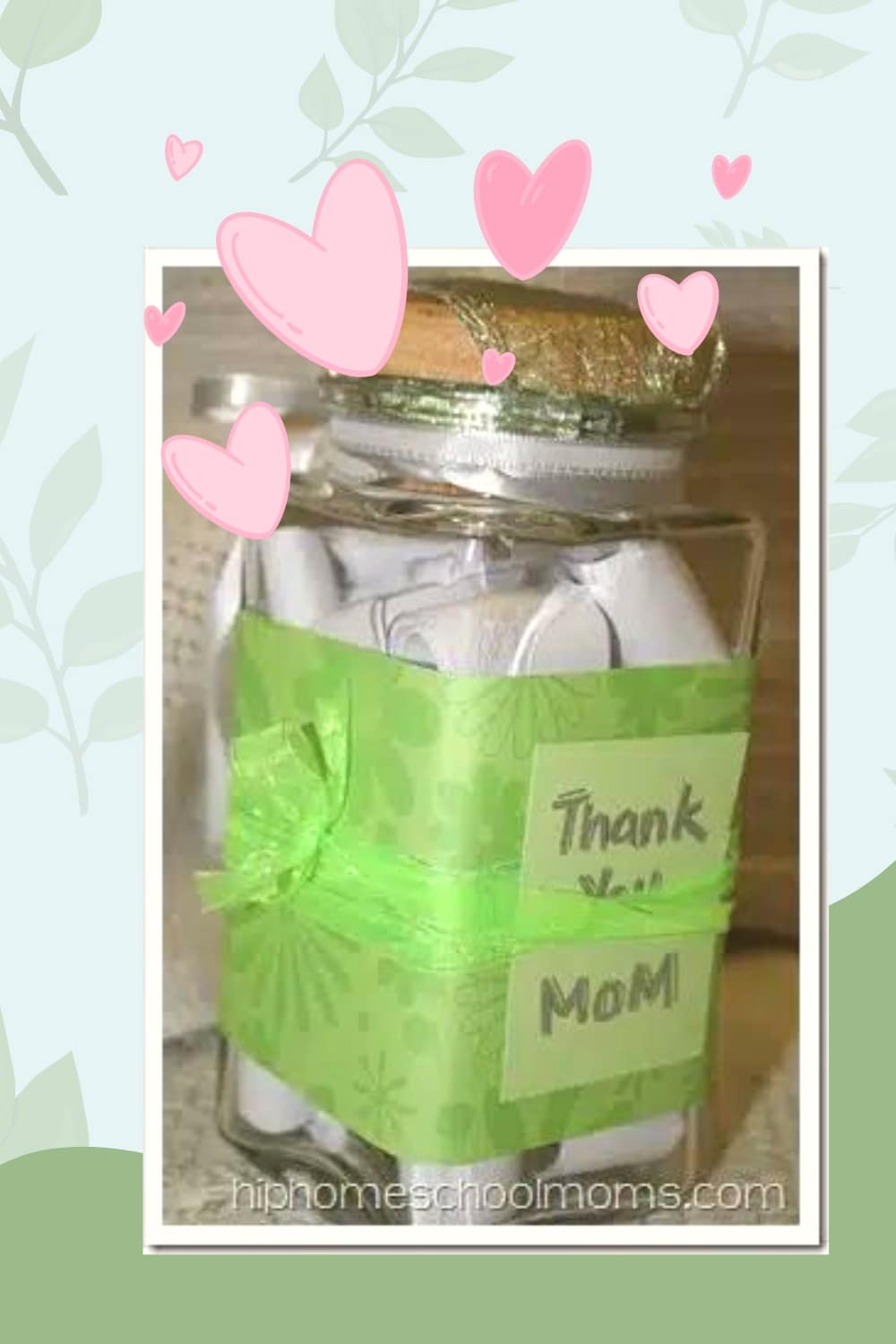A Little Guidance for the New Homeschooler
I’ve really been thinking and praying about what I wanted to share with all of you today. We’re such a varied group of families and circumstances, how do you pick a topic that rings true and beneficial for the place we each find ourselves along this path of homeschooling?? I’m not a homeschooling “veteran” by any stretch of the imagination so the absolute best thing on my heart to share was the advice, guidance and encouragement I received from a very blessed mentor and a true homeschooling pioneer at the beginning of my foray into this teaching-my-kids-at-home journey!

If you’re brand new or fairly fresh into home educating and find yourself doubting or floundering, frustrated or discouraged, confused and/or ready to throw in the towel I hope you’ll take a few minutes to read the words of someone who knows where you are coming from. My prayer is that you’ll be able to take a few encouraging bits away when we’re through.
It doesn’t take many steps along the path of homeschooling before you inevitably ask yourself and others “what should I use for curriculum” “what’s the best, what do you use, how much do I have to spend” etc. This is a vital component to teaching our kids at home but it’s so easy to miss out on the gift that is homeschooling when we so singularly zero in on the overwhelming amount of choices we have in front of us when it comes to curriculum! Might I suggest that researching and almost obsessing over what and how much to teach our children isn’t even in the top 5 most important things to have hashed out before you make the commitment to homeschool? So often I think the sheer mass of information we have available to us can cause more trouble in those first few years than anything else!
Why Are You Homeschooling?
My husband and I hadn’t gotten 24 hours into our decision to bring our oldest son home before I nearly attacked the lovely woman I mentioned previously about curriculum choices and packages. The best thing she ever said to me was: “Stop, don’t even look into to curriculum yet, don’t even think or talk about it until you know why you’re homeschooling and what you hope to achieve in the long-run.”
Thankfully she was hosting a small seminar that gave me the tools to do just that. I can tell you that I walked out of the 4 session seminar with very different ideas about the tools I was going to use to help my children learn.

I don’t have four days to give you the information I received from the seminar but I can give you a few tidbits, the top things that have never been far from my mind:
1. Why are you considering/choosing to homeschool your children? What do you want them to be like when they leave your home? What are some of the things you enjoy doing as a family, what are your family interests? What are some of the considerations and circumstances that are unique to your family?
- Defining your reasons and convictions will provide motivation and direction and can provide reference through the school years on why you started homeschooling in the first place. I would encourage you to put these thoughts on paper, work with your spouse to develop a family purpose and intentional mission statement. I promise it will be an invaluable cornerstone to your family! I’ve looked at mine countless times over the years just to focus and remember why we ever wanted to do this!
2. Understand your own, as well as your children’s temperaments, learning styles and giftedness. Educate yourself on the general ages & stages of your kids. You must understand your strengths and weaknesses along with those of your children before you are able to teach them as smoothly and effectively as possible.
3. Research the general ideas of the various homeschool approaches. Once you have a firm grasp on your mission, family dynamics, and learning styles it’s time to choose the kind of approach that most closely resembles those goals and personalities. To name a few, there’s Traditional (textbook, seat-work), Charlotte Mason, b, Classical, Unschooling, Thomas Jefferson (visit this link to read about the “conveyor belt” education so many of us want desperately to avoid), Montessori & Eclectic. A quick Google search will show you this is by no means an exhaustive list! Keep in mind, most of us will use a combination of approaches but it helps to at least have a cursory understanding of each.
This post contains affiliate links, and Hip Homeschool Moms will make a small commission if you purchase an item from one of these links. Please see our full disclosure here.
4. Now it’s time to choose the curriculum that fits with your learning styles, family priorities and preferred method! I highly recommend Cathy Duffy’s 100 Top Picks for Homeschool Curriculum. I don’t know what I would have done without it! I also believe Chris & Ellen Davis’ I Saw the Angel in the Marble should be a must read for all new homeschoolers!
Once a family understands where it’s going and how they can best work together to get there the actual choice of physical curriculum means very little. You will buy things that wont work and wont be used, there will be days your kids wont appreciate you and what you’re hoping to accomplish for them, your house wont always be organized and clutter free, there will be things you don’t know how to teach and that is all OKAY! Those are the days you pull out your family purpose statement, read over your convictions for living this way of life and give yourself a blanket “Get Out of Guilt Free” card.
Reach out to a seasoned homeschooler for an encouraging word, ask your husband for advice and observations, take a break and read an encouraging blog or book. Above all, remember the priceless gift you are giving your children and keep on keepin’ on. I’ll be right there with you along with the increasing number of families choosing to bring their kids home every year!
God Bless!








One of the best pieces of advice I could give to new homeschoolers, one I received from a school supply owner, who was not a homeschooler, is this: Take a deep breath, decide why you are homeschooling, and then, just when you think you are ready to jump into a curriculum, take a step back and don’t purchase a full year’s worth of curriculum. At her suggestion we used a month to month online curriculum. It was the best move we could have made. It gave me a chance to figure out what my child knew, what she didn’t know, where she needed help,what her learning style was, what my teahing style was. The advice she gave me helped me weather that first couple of months, it is similar to the advice you give. And, in the end, it is that advice, and the fact that we didn’t add hundreds of dollars in curriculum to the pressure of being new homeshoolers that has helped us to continue homeschooling, and succeed.
Linda
Homeschooling 1 child for 4 years with Time4Learning!